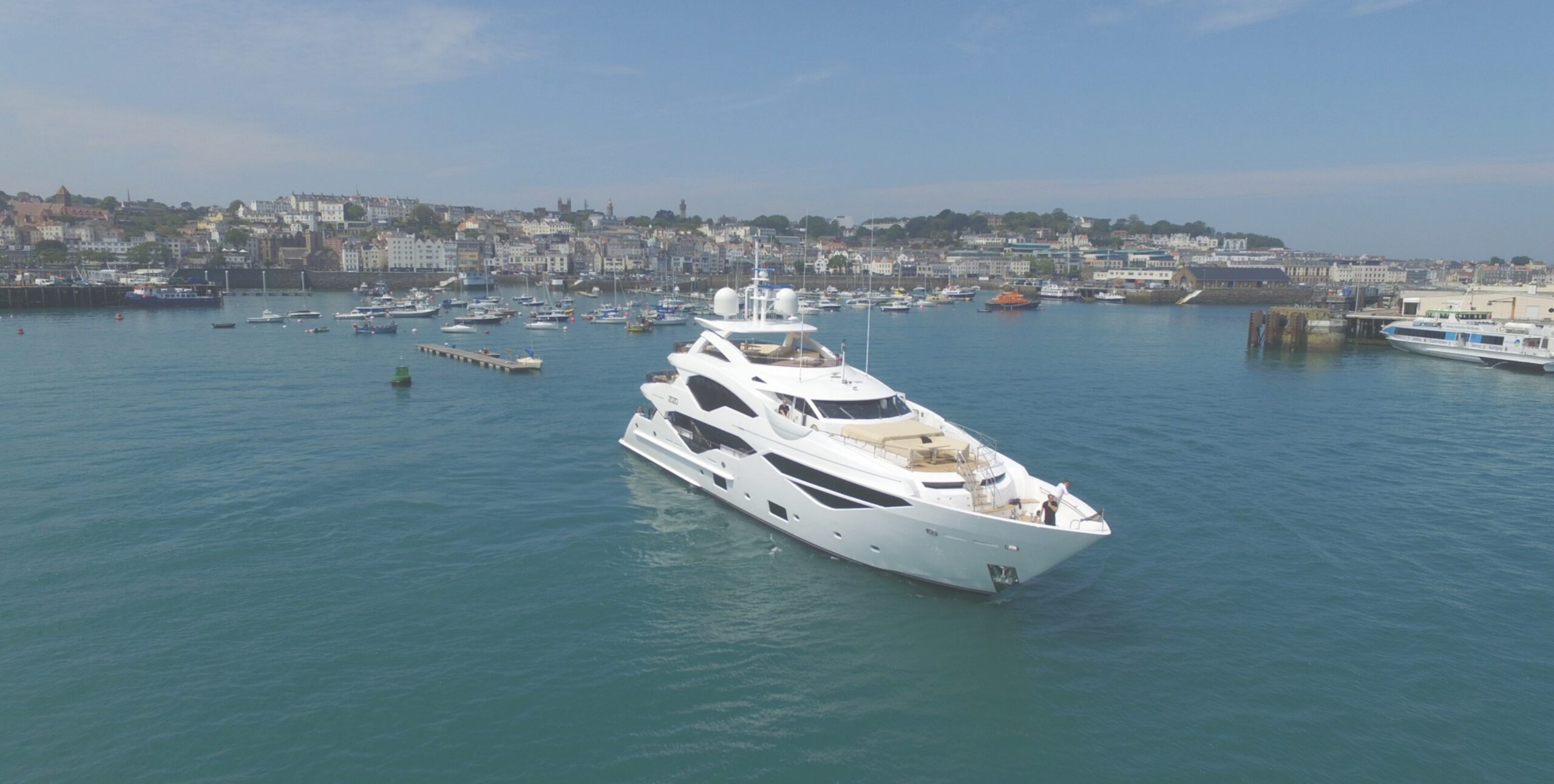It is a requirement of the International Convention on the Law of the Sea, 1982 (UNCLOS) that all vessels sailing internationally must be registered and carry on board officially issued documents as evidence of their registration and therefore their nationality.
The Certificate of Registry issued by a vessel’s state of registry (flag state) effectively acts as a passport for the vessel.
Whilst sailing on the high seas the vessel will be subject to the laws of its flag state.
Whilst operating inside the territorial waters of another flag state the laws of the vessel’s own flag state still apply but it must also comply with any local laws that may apply.
A vessel that is operating outside the territorial waters of the owner that is not registered in accordance with UNCLOS is a stateless vessel meaning that the vessel is operating in contravention of international law and can be seized and prevented from leaving port. The stateless ship then becomes subject to local rather than international law which can have other unwelcome implications of a legal and fiscal nature.
The concept of registering vessels can be traced back to Roman times. Registration is essentially the act of recording within the public records of a jurisdiction, the particulars of a vessel.
In addition to attributing nationality to a vessel, the act of registration provides a mechanism through which its ownership can be determined.
The yacht owner faces an extensive and potentially bewildering choice of registration options for their vessel.They will need to choose between registering the yacht in a home state, where they have a genuine connection by way of nationality, residence or economic ties, or alternatively choosing to register in a flag state that may offer them benefits not afforded by the home state.
The chosen jurisdiction should ideally offer prestige and universal acceptance whilst providing political and economical stability without subjecting the owner and the yacht to unnecessary regulation and bureaucracy.
Many yacht owners are not aware that there exists annually updated tables ranking the performance of the world’s shipping registers in form of the Paris and Tokyo MoUs whereby the world’s registries are categorised into ‘white’, ‘grey’ and ‘black’ lists and ranked in order of quality.
Although these tables are aimed at commercial shipping, yacht owners selecting registries listed on the ‘grey and ’white’ lists of such tables can expect, for good reason, a greater level of control and inspection from the authorities and difficulties in obtaining insurance cover.
A yacht owner might also wish to consider the image that be projected by flying the flag of any jurisdictions whose location might be hard to pinpoint on a map, that might have no seafaring heritage or be a tax haven of ill repute.
The British Register of Ships has traditionally been recognised as the ‘go to’ international register for yachts largely due to being a high quality, prestigious and universally accepted register predicated by many centuries of seafaring tradition and maritime history.
Crucially the British Register of Ships has in recent years been at the forefront of the adaption of international maritime law into substantially equivalent yacht friendly regulations.
All things being equal the British flag and the registries comprising the ‘red ensign’ group provide the best operating system for a yacht of any size and type.
Other nations have also developed their registers in recent years to entice yacht owners with Malta and the Republic of the Marshall Islands becoming increasingly popular alternatives to the British Register of Ships.
